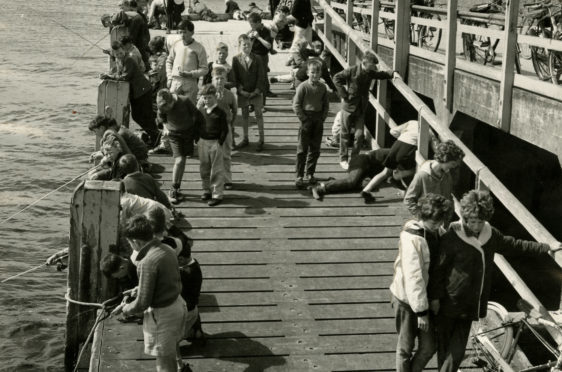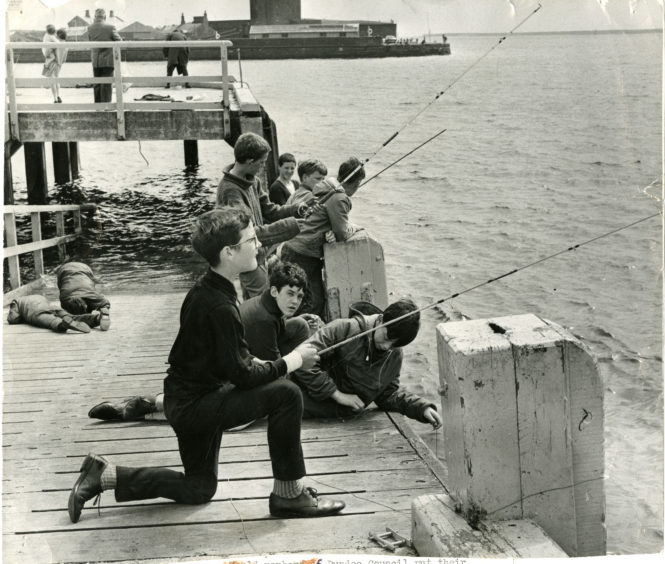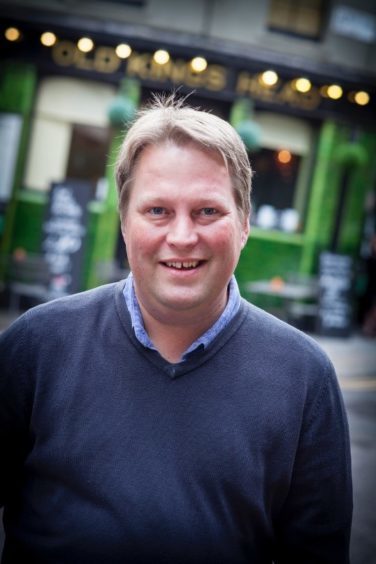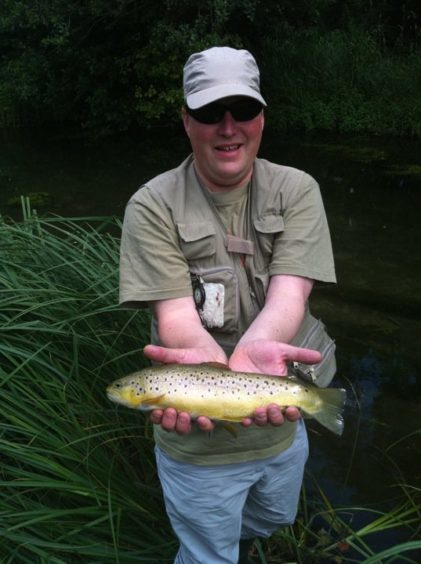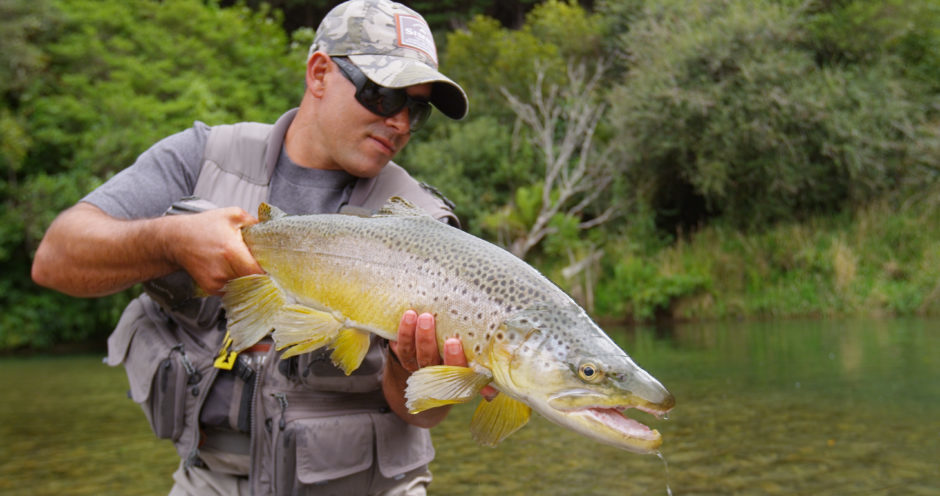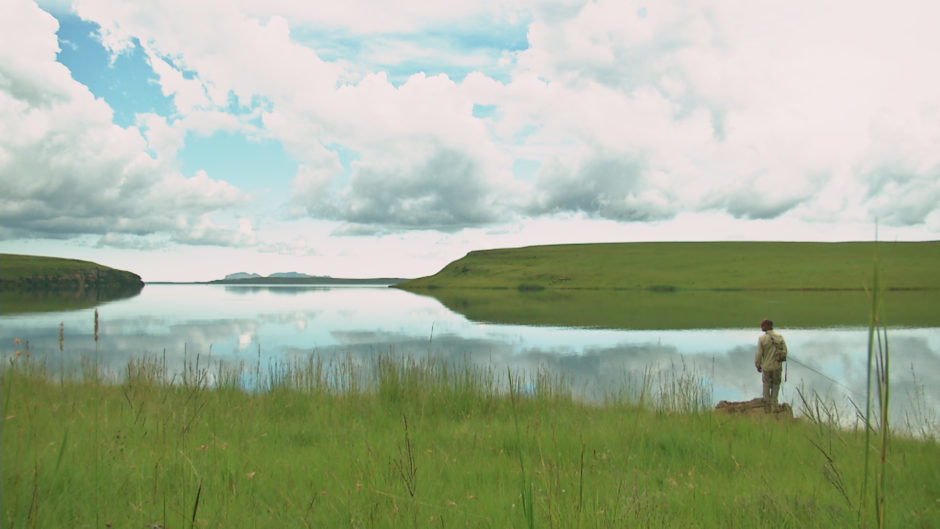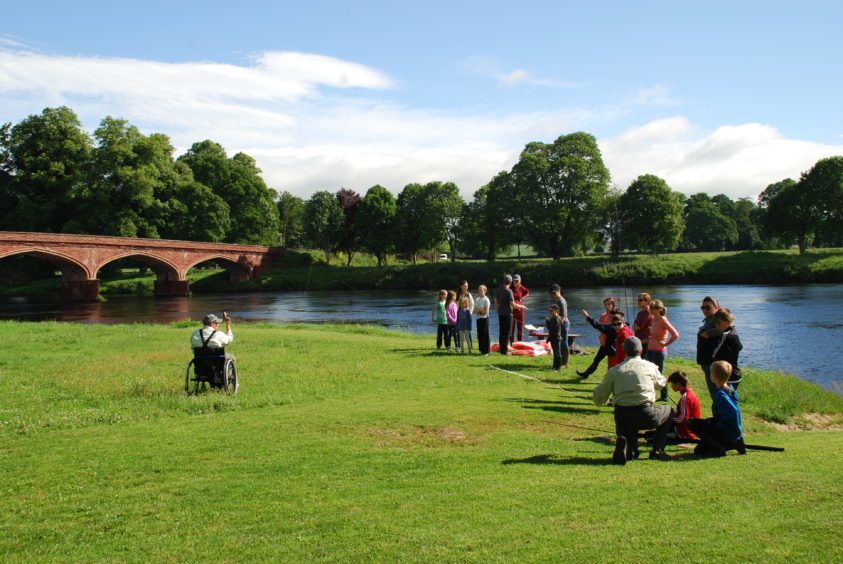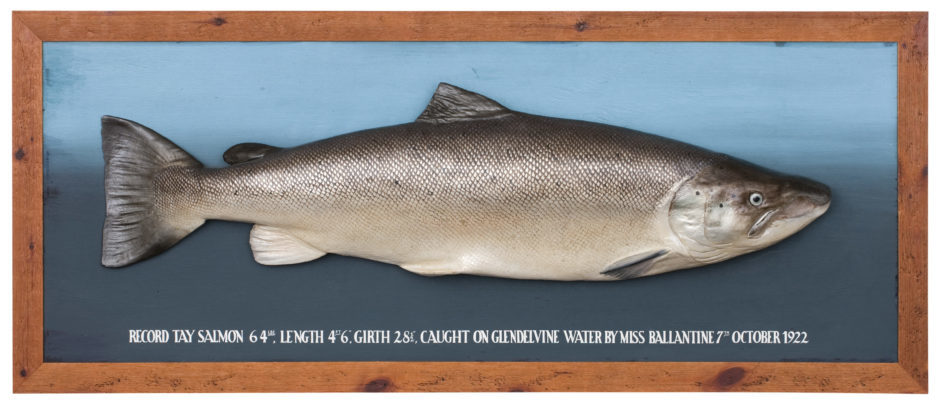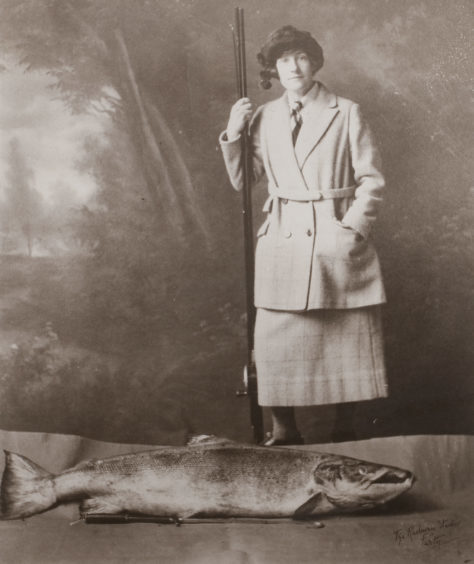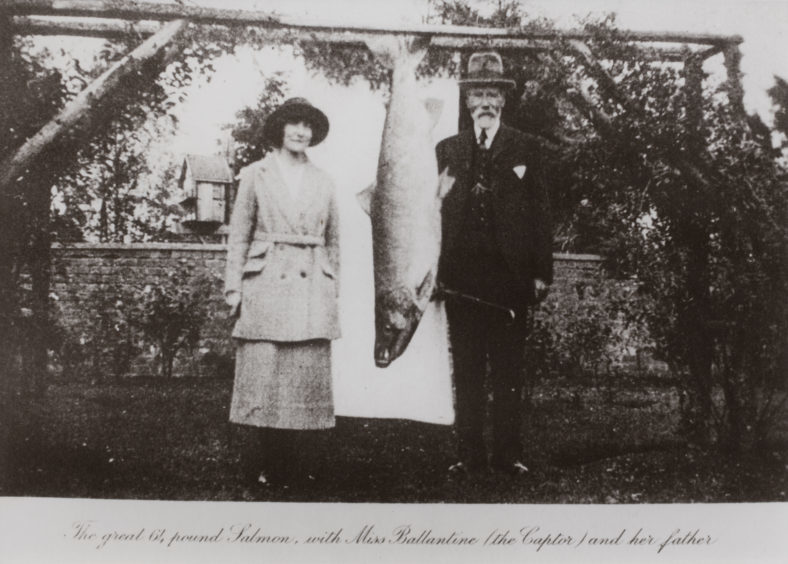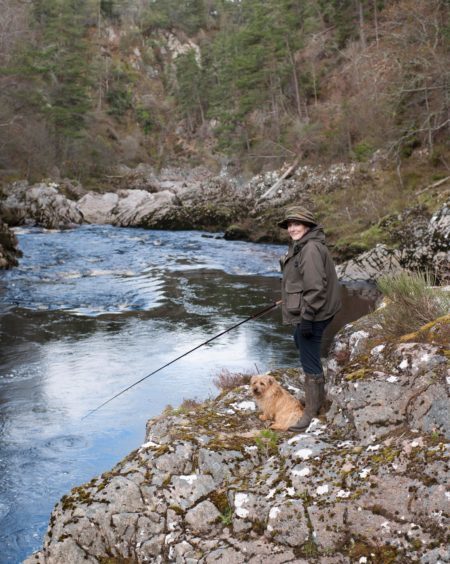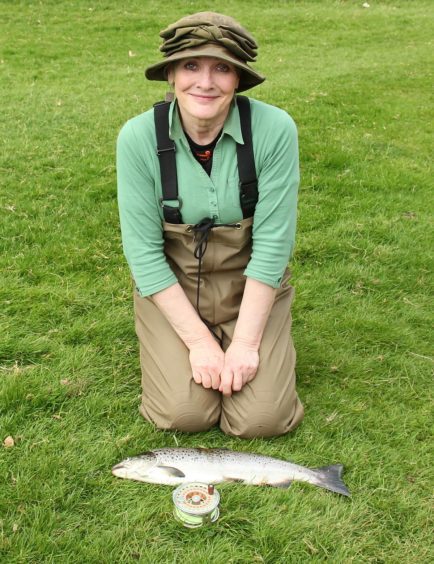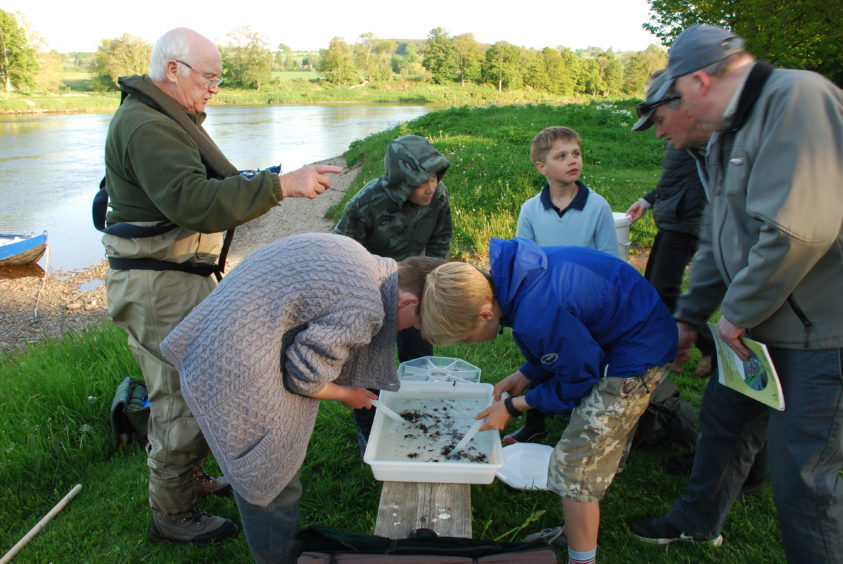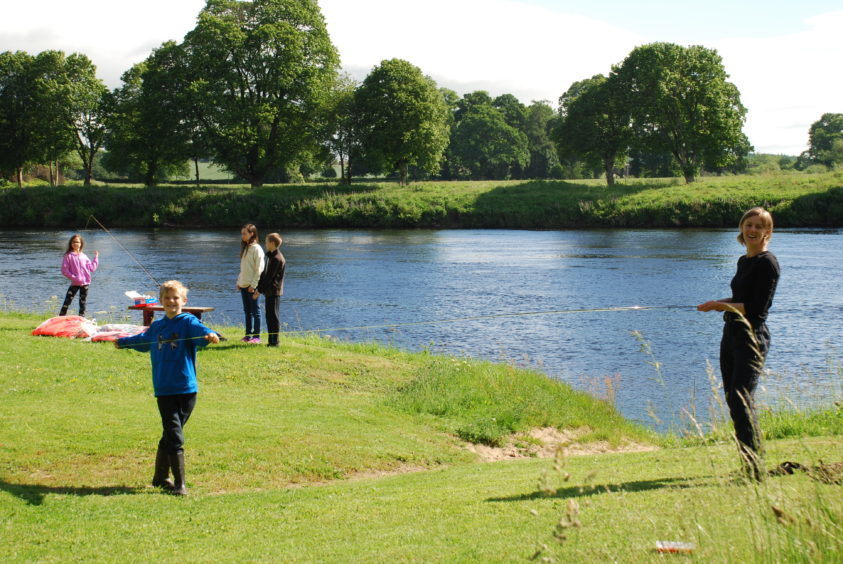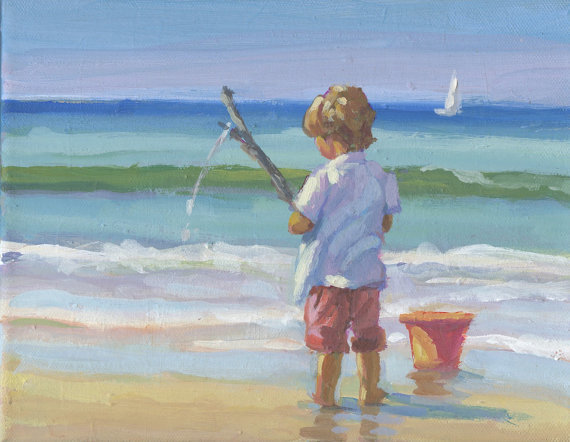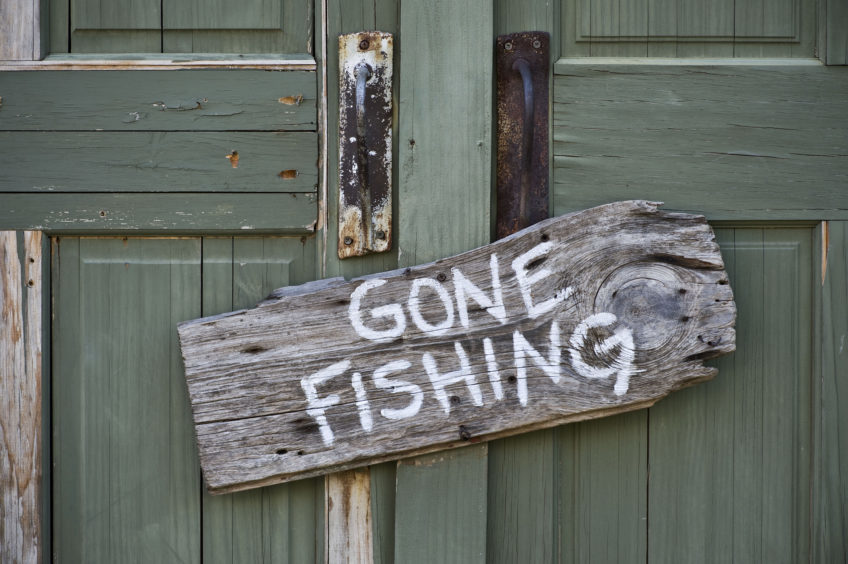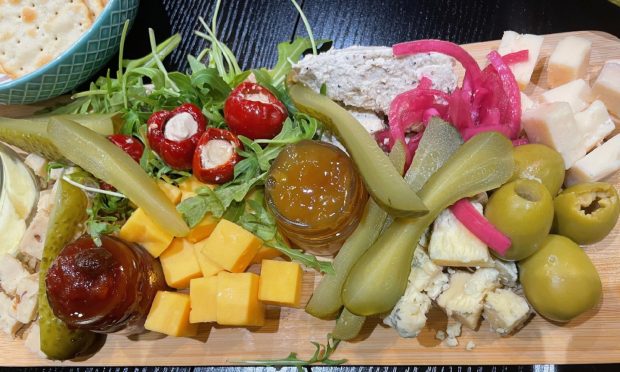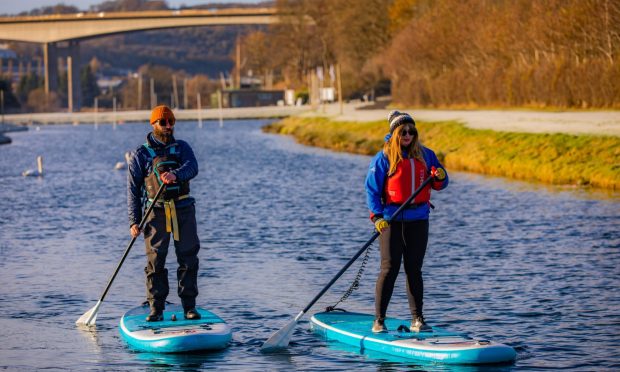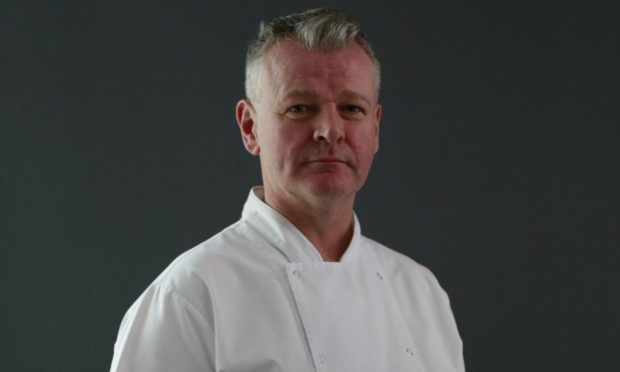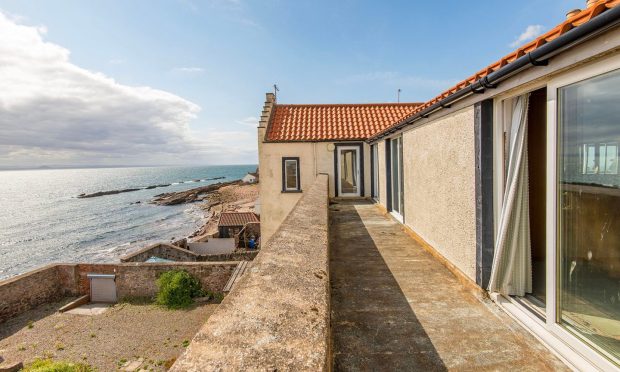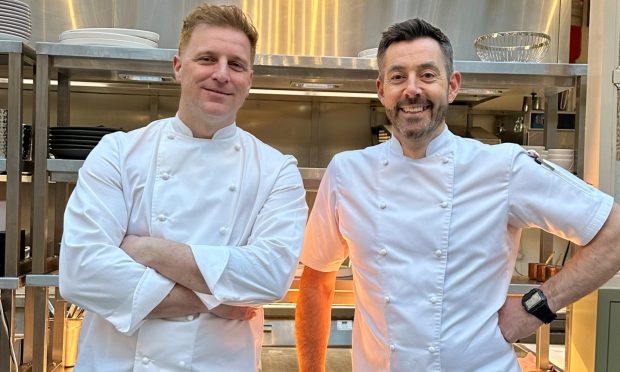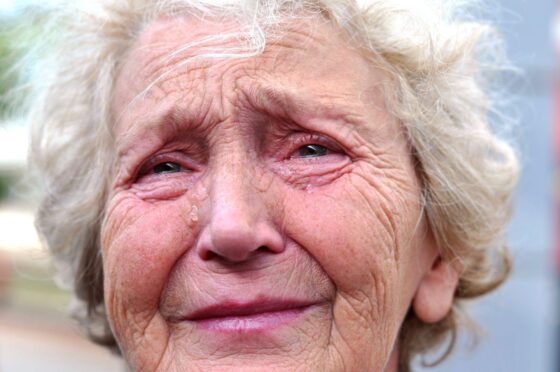Once an integral part of childhood, fishing is no longer casting its magic over today’s kids. But. discovers Caroline Lindsay, World Fishing Day plans to change all that and get them hooked
It’s 1962 and, legs dangling over the edge of the pier, a row of little boys sit fishing in Broughty Ferry harbour. With nothing more on their minds other than what they might catch, it’s a scene from a bygone era – fast forward 50 years and you’re more likely to see today’s kids mesmerised by their mobiles or transfixed by TV.
But that could all be about to change. The first ever World Fishing Day takes place on June 23 to celebrate all things fishy and the organisers hope it will attract a whole new generation of young anglers to the sport.
World Fishing Day’s 24-hour live broadcast will visit 24 locations including Croatia, the Bahamas, Australia, South Africa, Iceland, Finland, Austria, Germany, France, the UK and the USA, showcasing the cultural significance and many health benefits of the sport, together with the importance of anglers’ contribution to wild fish conservation worldwide.
After research revealed that fishing is a life skill that today’s dads are no longer teaching their children, Fishing TV aims to unite the global angling community, bring new people into the sport, celebrate the joys of angling and highlight the power of angling to make positive changes in the world and in people’s lives.
A tall order indeed but, as Fishing TV’s commercial director Ed Burdass explains, it’s all about reigniting a primal skill that’s been around since the dawn of time.
“Fishing is a great way to give youngsters purpose and get them outdoors, while teaching them respect for the environment,” he says.
Ed explains that the idea of World Fishing Day was inspired by Norwegian TV channel NRK’s trend for ‘slow TV’ – television’s version of taking a deep breath. Programmes include a 24-hour rail journey across Norway, with a camera attached to the front of the train, streamed live, and an 18-hour salmon fishing programme.
“There was a huge response to them,” says Ed, “so we thought ‘why don’t we do something similar and stream it worldwide’.”
“By holding World Fishing Day, we are able to combat the fact that families are no longer fishing together like they once did,” says Ed.
“As a child, I often went fishing with my father and some of my fondest memories are from the river bank. As a dad myself, this is something that I’m keen to pass on to future generations.
“Our ultimate goal for World Fishing Day is to bring more people into the sport of angling, particularly women and children, while also shedding a light on the conservation issues surrounding fishing and highlighting fishing’s power to improve people’s lives around the world.”
Ian Lindsay, former Evening Telegraph and Planet Sea Fishing columnist, is a lifelong sea angler who learned the ropes from his dad from the age of nine.
“I was heading out to sea on my dad’s boat without him by the age of 12,” he recalls.
“Angling has never lost its appeal for me. Catching few fish or no fish doesn’t spoil the overall experience of jumping in my boat and literally getting away from it all for a few hours,” he continues.
“Youngsters perhaps aren’t aware of the spiritual benefits of being outdoors, of being close to nature, but those who try it and are lucky enough to gain positive early experiences are often hooked.
“Many parents, dare I say most parents, spend so much time worrying that their children might not be safe that they actually encourage them to stay cosseted indoors and in my opinion that’s sad as their kids miss out on so many wonderful opportunities.”
While today’s women might not be hooked on fishing (less than 10% of anglers are female), historically they have been major players. The very first English essay on recreational fishing – Treatyse of Fysshinge wyth an Angle – was written by Dame Juliana Berners, the prioress of a Benedictine nunnery, in 1496, while Georgina Ballantine caught the largest salmon (64llbs) ever hooked in Britain on the River Tay in 1922.
Courier Weekend columnist and expert fly fisherman Fiona Armstrong, who will be hosting a live debate about the plight of the Atlantic salmon, agrees with Ed that it’s important for children to pick up a pastime like fishing, to get them into the great outdoors.
“I love fishing – it’s very therapeutic and I love the companionship,” she enthuses.
“Learning to fish – whether it’s fly, coarse or sea fishing – teaches kids about teamwork, nature, conservation and how to fish responsibly.
“I’m connected with a couple of youth fishing charities and see at first hand the effect of getting youngsters out – maybe they’ve never seen a fish before and the joy can be life changing.”
Angling for Youth Development (AFYD) is one such initiative – its premise is that introducing young people to a worthwhile hobby like angling helps reduce anti-social behaviour.
John Cameron, coordinator for the East Perthshire group, explains: “Not only are the students taught about angling and all that entails, they learn about working together as a team and as an individual; concentration; manual dexterity; science, environmental issues and so on,” he continues.
“Not every child is academic or has the same abilities – we work with children of all abilities and conditions, with some really surprising results.
“For example, a number of our students took part in the coaching course and have become fully-fledged coaches themselves. That’s helped them in their careers as they have more confidence in their own individual abilities. The lessons learned within AFYD will stand them in good stead for the rest of their lives.”
Another charity passionate about marine education and getting kids sea fishing is the Scottish Sea Angling Conservation Network (SSACN).
“We offer taster sessions to give an idea of what sea-angling is about and techniques successful fishing while following best practice guides,” says Amie Williams of SSACN.
“Fishing is an opportunity for a child to learn a skill and enjoy the great outdoors and at the same time provides a platform to teach about food chains, food webs and the importance of sustainability,” she continues.
“Angling of any kind not only encourages social interactions and exercise but also positive mental attributes such as reduced anxiety, feelings of happiness and relaxation.
“World Fishing Day is a fantastic opportunity to focus on the benefits derived from angling.”
Mainland Scotland has more than 6,000 miles of coastline so there’s no shortage of sea fishing opportunities. John Goodlad, former CEO of the Shetland Fishermen’s Association and author of The Cod Hunters (a historical narrative about cod fishing in the 19th Century) welcomes the concept of World Fishing Day.
“Fishing is a life skill and we’re in danger of children growing up with a disconnect between food and where it comes from.
“The great delight of fishing is you catch your own tea, you cook it, you eat it and nothing tastes better. It’s an incredible link we’re in danger of losing.” And with a recent survey showing that one in five children believe fish fingers are made from chicken, his advice couldn’t come at a better time.
But if one little boy’s enthusiasm for fishing is anything to go by, the future of angling is looking bright, as mum of three Nora McElhone explains: “‘Can we go fishing now, can we go fishing now, can we go fishing now?’” From an afternoon spent catching crabs, shrimp and other tiddlers in rock pools to the chance to take a rod and line down to the pier, our nine-year-old son has always been fascinated with catching and eating the fruits of the sea,” she says.
“His adventures with dad or granda and the fishing rod are yet to yield a whopper but he adores being involved in cooking anything that comes from these trips, whether it’s a few foraged mussels or a handful of shrimp.
“He takes the journey from sea to plate in his stride and it is a joy to watch.”
16th Century writer Izaak Walton noted: “I have laid aside business and gone a-fishing.” Perhaps there’s a lesson there for all of us.
Info
Fishing TV is a video on demand platform
There will be a Hens and Bairns AFYD event at Meikleour Fishings in July. To find out more visit their Facebook page or email Claire Mercer Nairne at claire@meikleour.com
